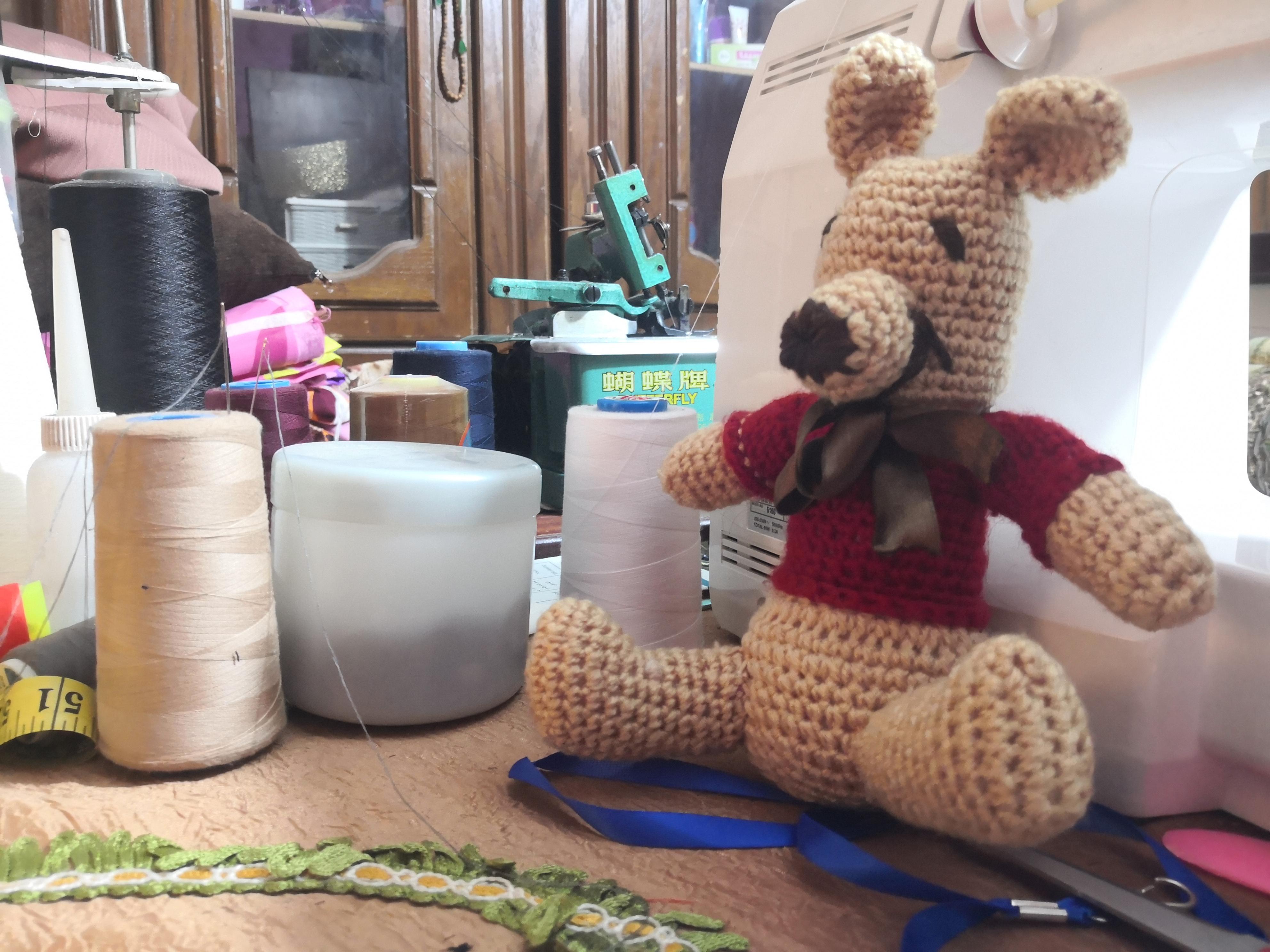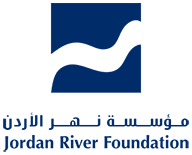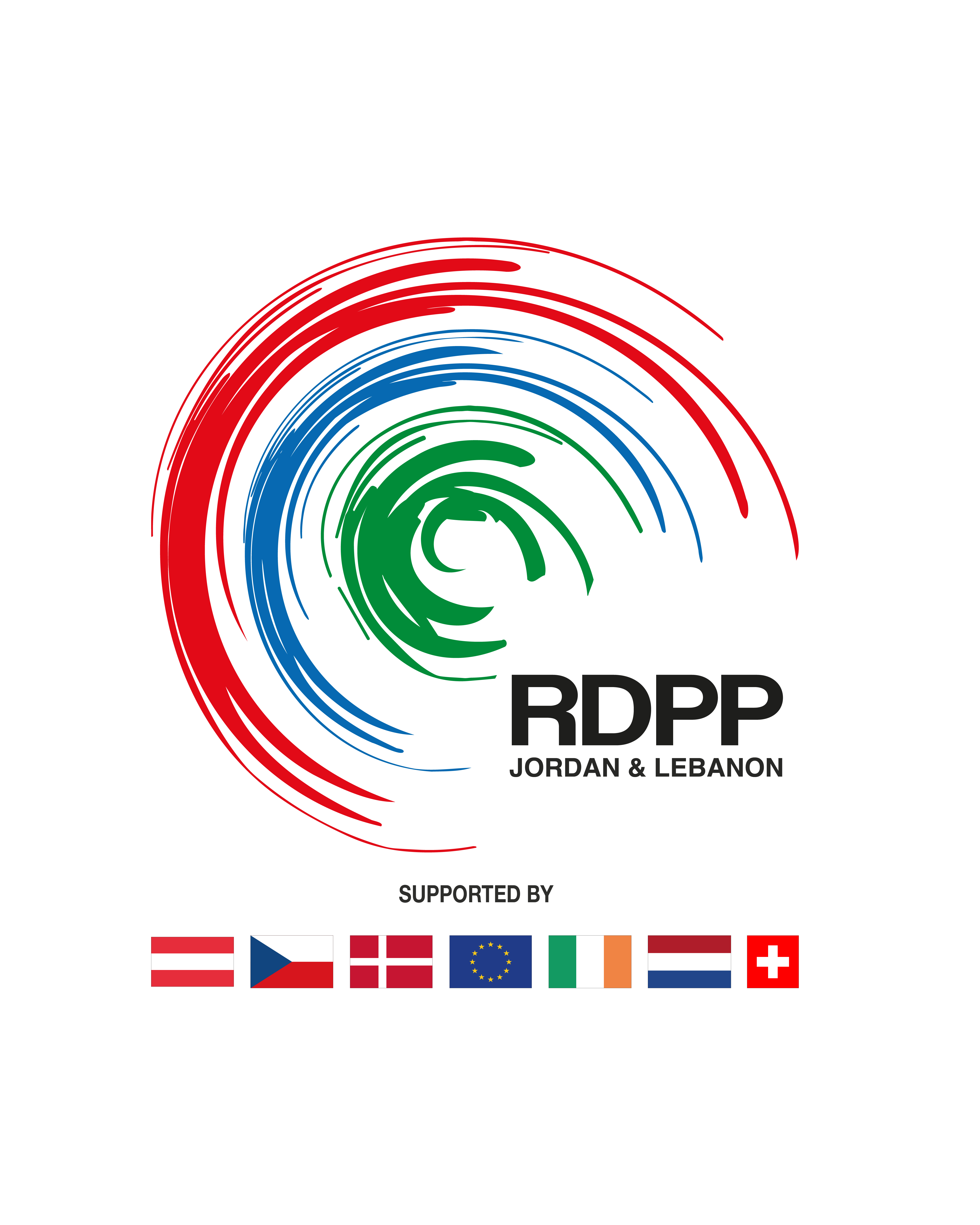
<
>
Meet Um Samer - Mother of five flees Syria, seeks refuge in Al Mafraq Jordan / Jordan
—
“We grabbed what cash and gold we had in the house and just left”, Um Samer, mother of five and village seamstress, recalls the day she and her family fled Syria to Jordan in 2012. “It was supposed to be for a couple of weeks, or a couple of months tops. We thought that we will be returning home in no time; next thing you know it’s seven years later and our lives are changed forever”.
Um Samer fled with her husband and three of her children after her son, then nine-years old, was wounded in shelling. “We had enough money to rent and meet our needs for a while; had we known what would become of us, we would have invested this money in a small business instead”. When Um Samer could no longer pay the rent, and her husband and sons could no longer afford to renew their work permits (60 JOD each - 85 USD), her landlord introduced her to other refugees benefiting from income-generating NGO projects. This is how she met her current business partner and friend, Leila.
Um Samer and Leila were able to set up a tailoring workshop with the support of the Jordan River Foundation (JRF), through their project ‘Community empowerment initiative in the governorate of Mafraq’ funded by the European Regional Development and Protection Programme for Lebanon, Jordan and Iraq (RDPP). Um Samer and Leila were among 263 Syrian and Jordanian participants who enrolled in employability and business management trainings, and among 169 graduates who received grants to establish their own microbusinesses. They used the grant to buy two sewing machines and a sample of raw material, and implemented what they have learned in training to run the business.
Combining Um Samer’s tailoring experience and Leila’s crochet skills, they sew dresses, bedsheets and toys on client demand. “When we first started a year back, we were making around 100 JOD as profit on a monthly basis (141 USD)”, Um Samer explains that with this income, and the income her husband and sons make on the rare opportunities they work as house painters, they managed to get by. However, due to the decreased purchasing power of her neighbours, increased competition, and her financial inability to invest in more raw material to market her products, the workshop’s profit decreased to 50 JOD per month (70.5 USD).
“The great thing about Um Samer”, says Leila, “is that she never gives up”; Um Samer began marketing her products in other villages’ rural bazars, and started stitching local brand logos on various items until one brand became a paying customer. “It is not much”, Um Samer says, “but my youngest 16-year-old son doesn’t have to work anymore; he instead enrolled in photography training and is becoming quite the photographer!” She recalls her days back in Syria when all her children were in school and they each owned their own laptop. “The good thing about this business is that the work distracts you from these bittersweet memories”. Um Samer is hesitant to return back to Syria for security concerns. Her brother was captured upon his return and she hasn’t heard from him since; “I cannot risk my children’s safety”.
In its second phase, RDPP retains a continuous partnership with JRF, and has funded their project: Resilience through livelihoods for vulnerable Syrian refugees and Jordanian host community across Jordan.

BACK TO ALL STORIES
